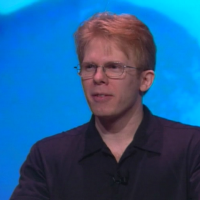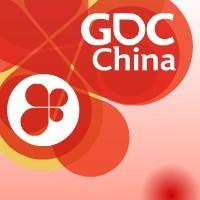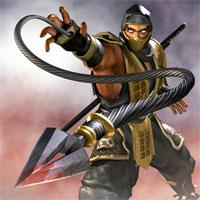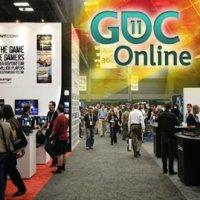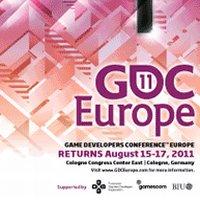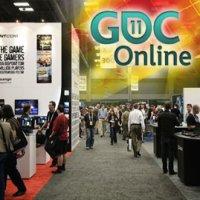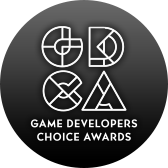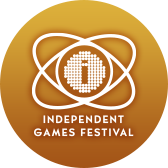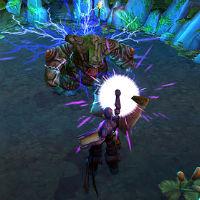
GDC Online Adds Riot, PopCap, Playdom, Blizzard Veterans To Advisory Board
UBM TechWeb Game Network, organizers of the Game Developers Conference Online are revealing the latest game industry leaders from the worlds of social and connected gaming, serving on both the Main Conference and Summit-specific advisory boards for this October's Austin-based event.
These industry luminaries, each of whom have rated, commented on and discussed the more than 340 lecture submissions for GDC Online 2011, represent companies including Zynga, ngmoco, PopCap, Playdom, CCP, Blizzard and Riot Games.
GDC Online - the leading worldwide event for social and online game developers - focuses on social network titles, free-to-play web games, kid-friendly online titles, large-scale MMOs, and all types of connected and cloud-centric games.
New members of the GDC Online 2011 Main Conference advisory board, who met in person in Austin, TX to choose lectures last week, include:
- John Blakely, a former vice president at Sony Online Entertainment, and now acting general manager at the Austin operations of Zynga, the company behind major games such as Farmville, Frontierville and Cityville.
- J. Allen Brack, an industry veteran in the online gaming space, and current production director at Blizzard Entertainment, where he is responsible for the incredibly popular World of Warcraft MMO franchise.
- Brandon Beck, co-founder and CEO of Riot Games, creators of flagship online game League of Legends (pictured). The popular multiplayer title won five 2010 Game Developers Choice Online Awards, including Best Online Game Design, Best Online Visual Arts, Best Online Technology, and Best New Online Game, as well as the Audience Award.
